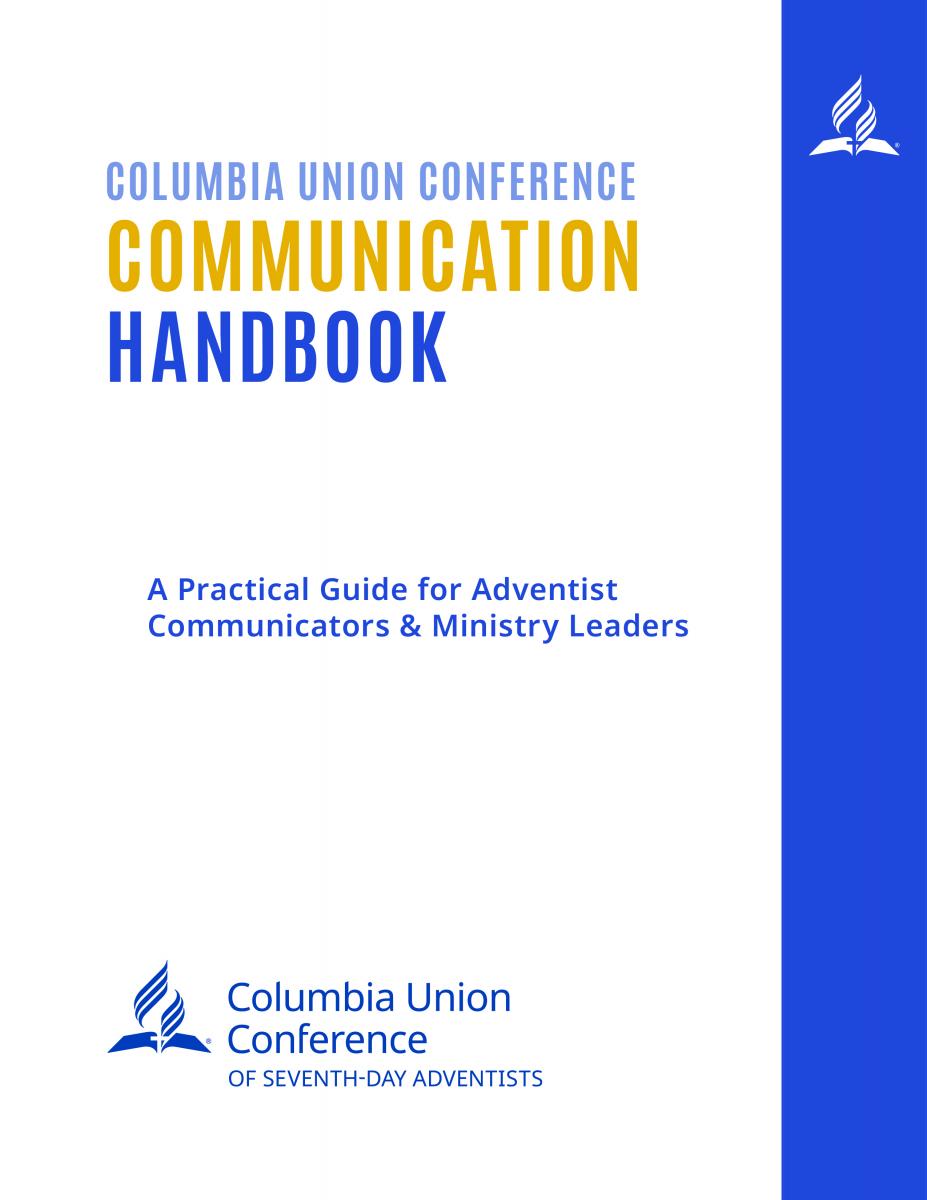Story by Celeste Ryan Blyden
Twenty years ago, the eight conferences within the Columbia Union Conference provided significant funds to help meet a new North American Division (NAD) policy that revolving funds across the division should maintain a minimum of 25 percent of their monies in capital reserves. Now that the Columbia Union Revolving Fund (CURF) has met and maintained that requirement for many years, the administration will return those funds to the conferences. The funds will total about $3.2 million, says Emmanuel Asiedu, union treasurer.






